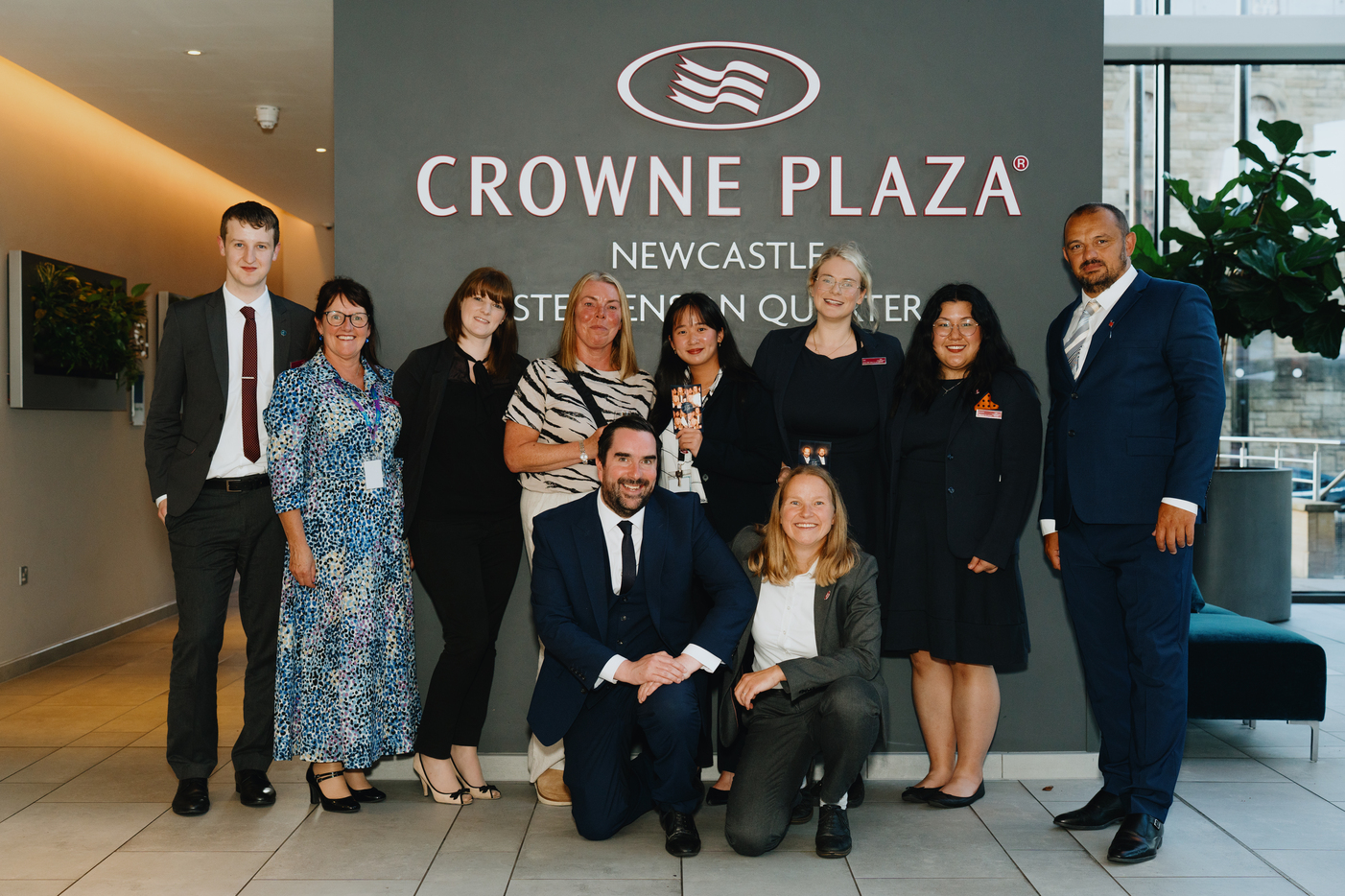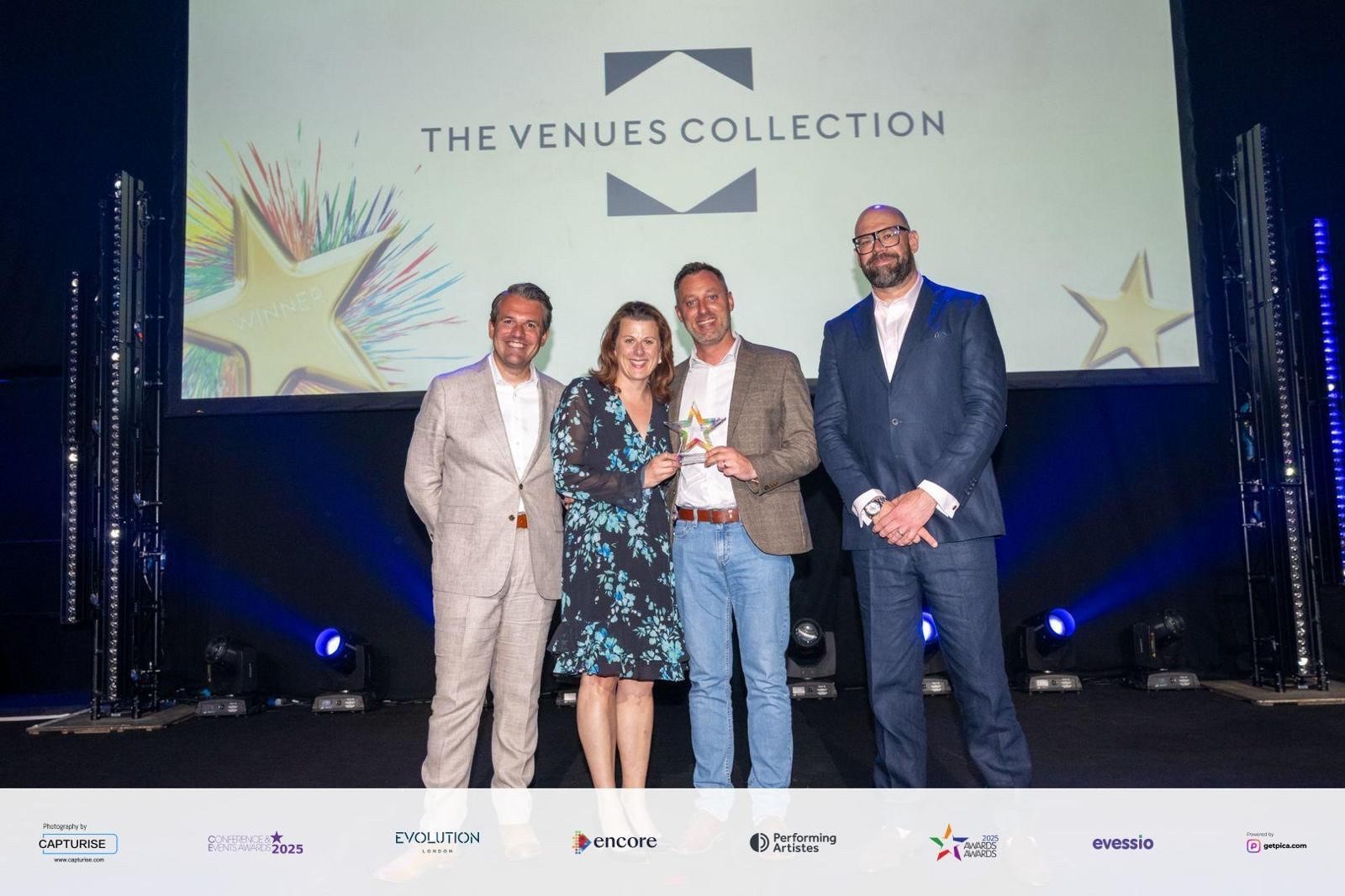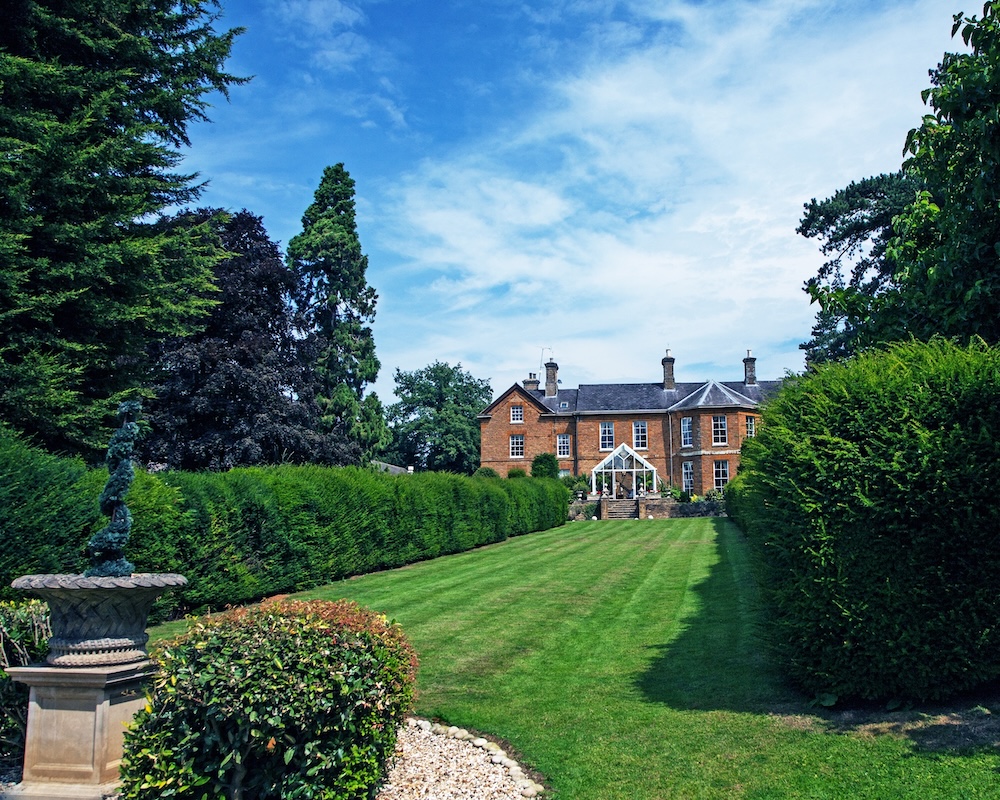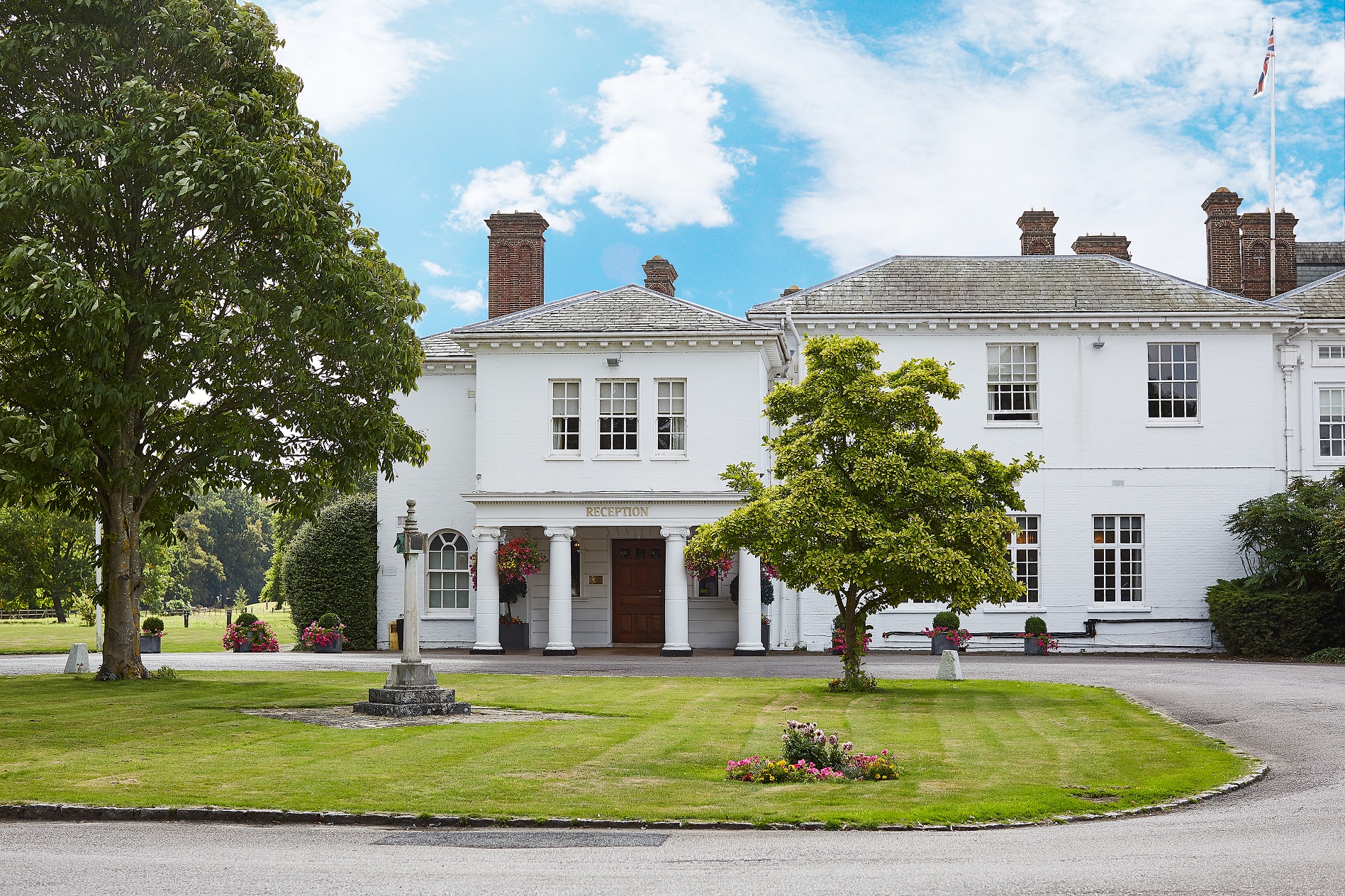Virtual tours are becoming increasingly popular with venues as they look to find new ways to promote themselves using the variety of new media available these days.
David Lee, company director of SE3 Productions, which supplies virtual tours to Venues.org.uk subscribers, said that such content is ideal for businesses in the hospitality market looking to promote themselves more widely.
"Virtual tours have always been popular with the hospitality and leisure market but in the last few years the technology has moved on considerably so that we can offer a cutting-edge solution that includes high-resolution photography and the latest interactive features," Mr Lee explained.
"It's an ideal marketing tool in that it never takes a day off, it works 24/7," he continued.
Virtual tours act as a shop window for visitors to a website, providing the user with an unbroken 360-degree viewpoint.
"That enables the viewer to get a clear idea of the shape, design and look of a particular room or location before visiting in person," Mr Lee explained.
"It also gives them the key information they need as well to decide whether a venue is suitable for that particular party," he added.
SE3 Productions has created virtual tours for some high-profile venues and organisations, including the British Academy of Film and Television Arts, or Bafta, Millennium Stadium in Cardiff, City University, Park Crescent Conference Centre in London, Stoke City's Britannia Stadium, Aston Villa Football Club and the LG Arena at the National Exhibition Centre in Birmingham.
Reassuringly for venues, the average size of a virtual tour is around 2mb, which is ideal for most internet users. They will typically take between one and three seconds to load via a broadband connection, according to Mr Lee.
SE3 Productions' virtual tours differ from others in that they can be loaded as a full-screen image, but this will not delay the loading speed, he insisted.
"The tours are optimised for broadband and for efficient loading," Mr Lee explained.
Websites can also support multiple tours, so venues can demonstrate different set-ups for rooms, for example.
"In addition, we can integrate an interactive map feature which would be a floor plan that gives the viewer a complete orientation and spatial awareness of the venue," Mr Lee said.
It is possible to embed videos or a stills gallery as well, making it a truly interactive feature of the website. Venues can also link to the tours via email or on social networking portals, for example, to promote themselves across a variety of platforms.
From a client's point of view, such content makes it much easier to research a venue for an upcoming event.
"Using a virtual tour helps you to experience a venue without having to leave the comfort of your office or home," Mr Lee commented.
The content is also fully interactive and therefore provides a "key platform" for additional marketing content, such as information about room capacity, access and set-up.
Statistics suggest that investing in virtual tours for websites is hugely beneficial. A website with such interactive media receives 38 per cent more views than one that does not include it.
In addition, listings on the Venues.org.uk website with a virtual tour are clicked ten times more than those without.







